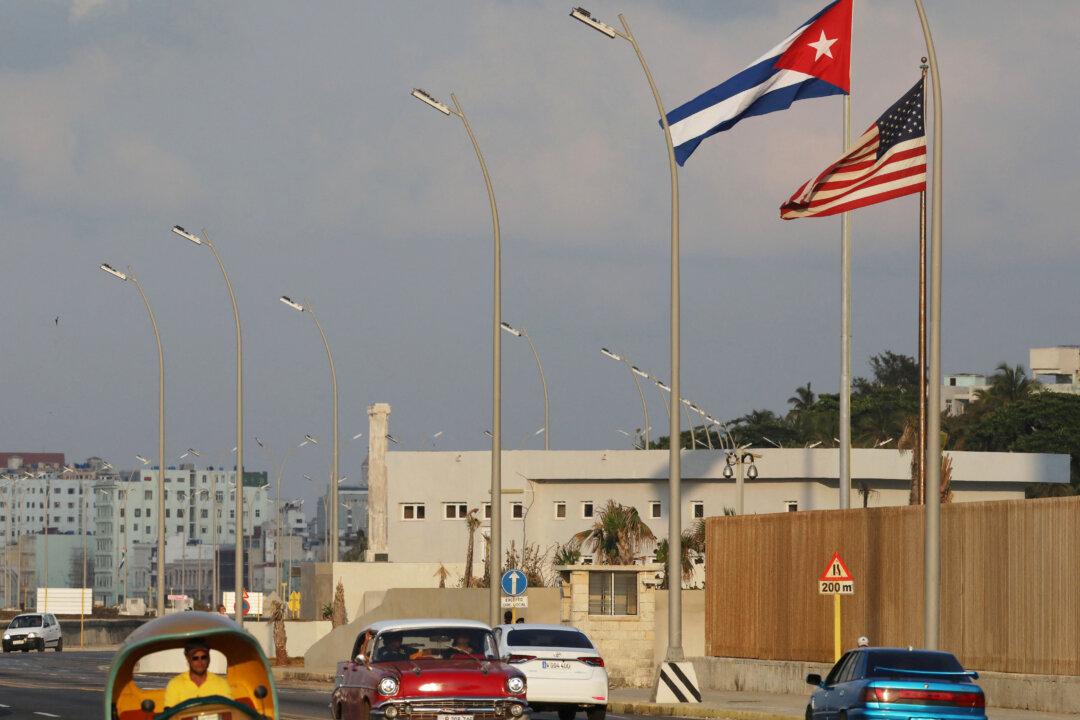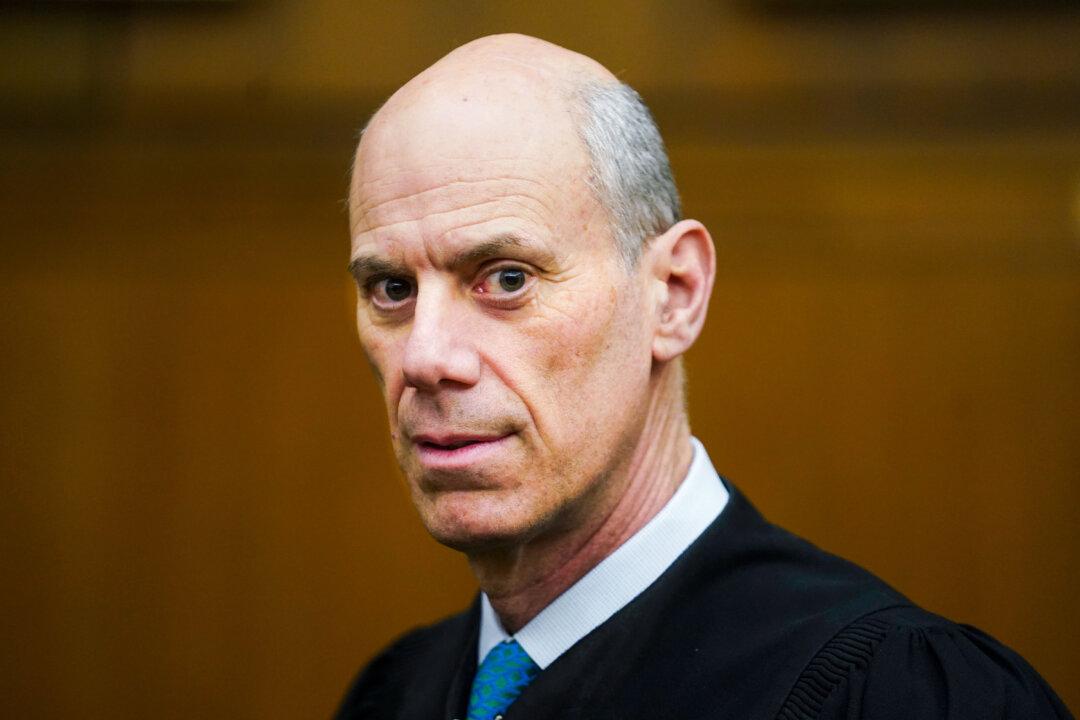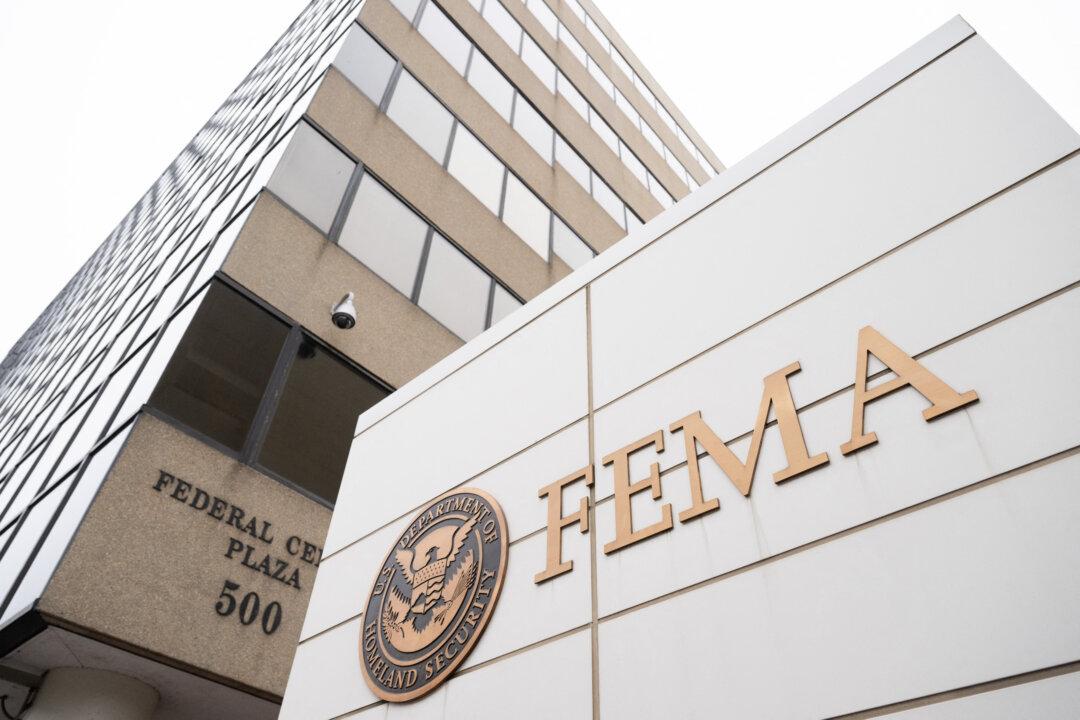President Donald Trump signed a national security memorandum on June 30 restoring hard-line policies on Cuba and reversing measures from the former Biden administration that had eased pressure on the communist-ruled nation.
In his memo, Trump directed his administration to end “economic practices that disproportionately benefit the Cuban government, military, intelligence, or security agencies at the expense of the Cuban people.”
This includes a ban on financial transactions with entities controlled by the Cuban military and its affiliates, except when such transactions align with U.S. policy objectives or are intended to support the Cuban people, the memo stated.
Cubans ‘Have Long Suffered’
The memo states that the U.S. government will work to expand internet access and support a free press for the benefit of the Cuban people. It requires that U.S. engagement with Cuba serves the interests of the people of both nations.“The Cuban people have long suffered under a Communist regime that suppresses their legitimate aspirations for freedom and prosperity and fails to respect their essential human dignity,” Trump stated in his memo.
The U.S. president said that his administration would continue to evaluate its policies “so as to improve human rights, encourage the rule of law, foster free markets and free enterprise, and promote democracy in Cuba.”
The memo also calls for a review of human rights abuses in Cuba, particularly those involving illegal detentions and inhumane treatment.
Additionally, it requires a report on fugitives from American justice who are either living in Cuba or being harbored by the regime.
Cuban Foreign Minister Bruno Rodriguez has criticized the move, saying that Trump’s directive seeks to reinforce “the aggression and economic blockade” against the Cuban people and impede the country’s development.
Near the end of his term, President Joe Biden revoked a 2017 order issued during Trump’s first term that restricted financial transactions with certain military and government-linked Cuban entities.
Rubio determined that Cuba did not fully cooperate with efforts to combat terrorism in 2024, noting that the Cuban regime refused to turn over at least 11 fugitives to U.S. authorities. Several of those fugitives are wanted for terrorism-related charges, according to the State Department.
In response, Rodriguez said that Rubio’s decision was grounded on falsehoods.







